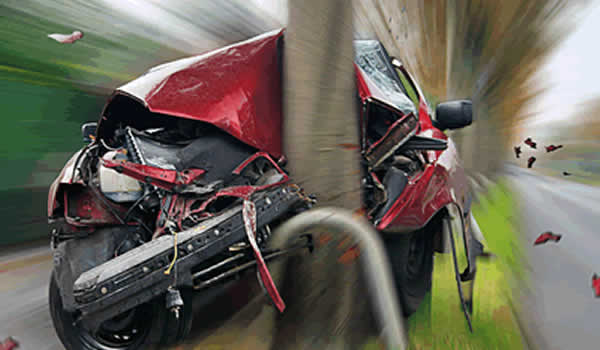In the past 30 years, more people in the United States have died in transportation accidents than in all the wars fought in American history—and human error is a leading factor in the majority of those crashes.*
A recent study by the American Transportation Research Institute (ATRI) noted that, “It is clear that efforts aimed at further reducing preventable crashes must focus in large part on driver behaviors.”
The ATRI’s study of 587,772 truck drivers shows that monitoring and recognizing unsafe driving actions and behaviors, such as failure to use turn signals and improper passing, can be used to counsel drivers, alter behaviors, and reduce the likelihood of unsafe incidents and crashes. The main objective of the ATRI study was to identify the leading driver behaviors that caused accidents. The table below shows their findings related to prior convictions a driver has had and the increased risk of that driver being involved in a crash.
(Courtesy American Transportation Research Institute)
It is interesting to note that the study also found that allowing problem behaviors to continue, even low-priority behaviors such as parking violations and littering, increases the opportunities for crash involvement. “By becoming aware of problem behaviors, carriers and enforcement agencies are able to address those issues prior to them leading to serious consequences.”
DriverCheck agrees. While initial driver training is important, it is driver actions and behaviors that most put companies at risk of collisions, with their inevitable drag on profitability. Using vehicle-monitoring companies such as DriverCheck can help identify and counsel at-risk drivers before they have costly collisions.
Brochure of “The Human Factors Coordinating Committee,” US Department of Transportation, Research and Special Programs Administration.



